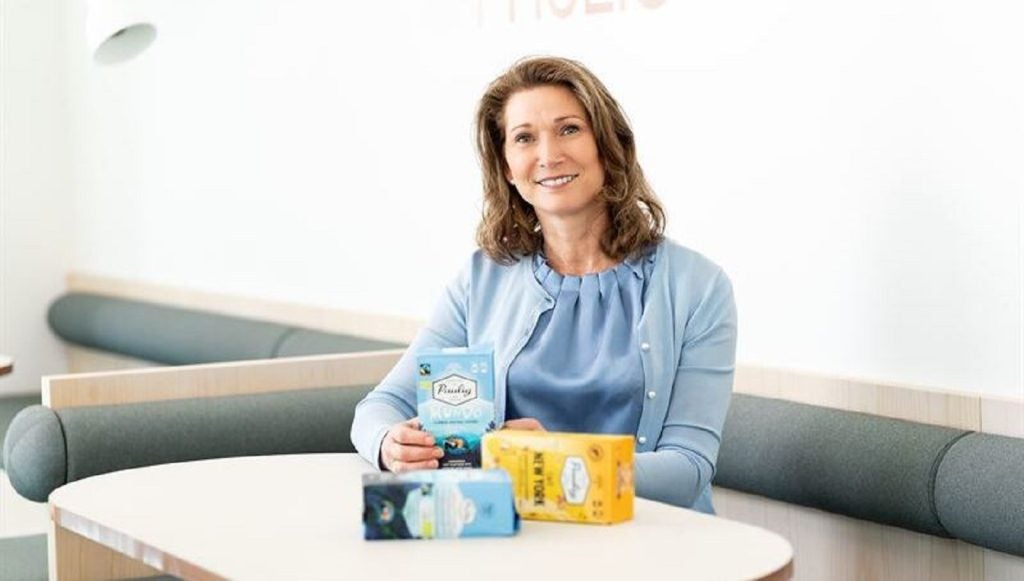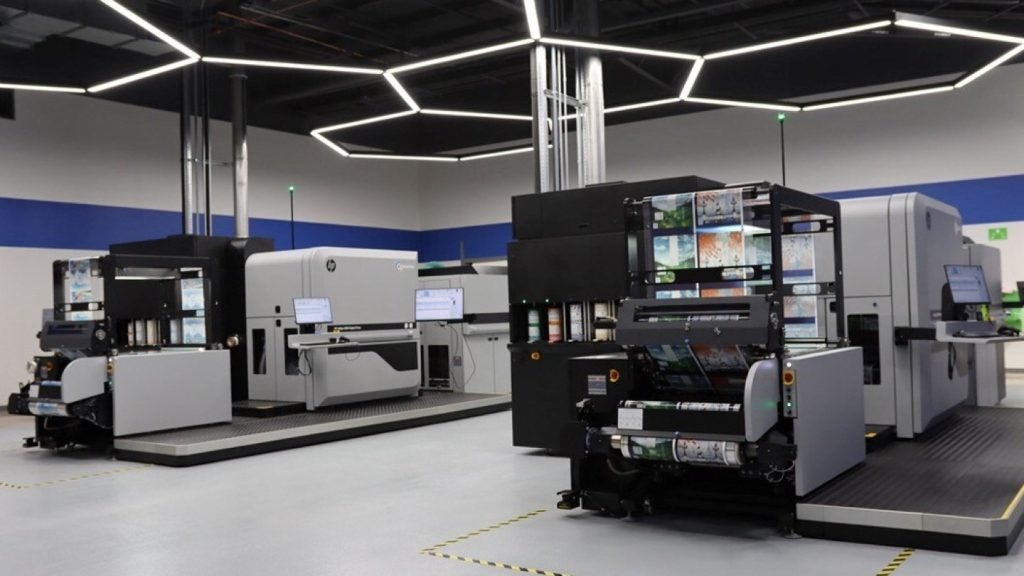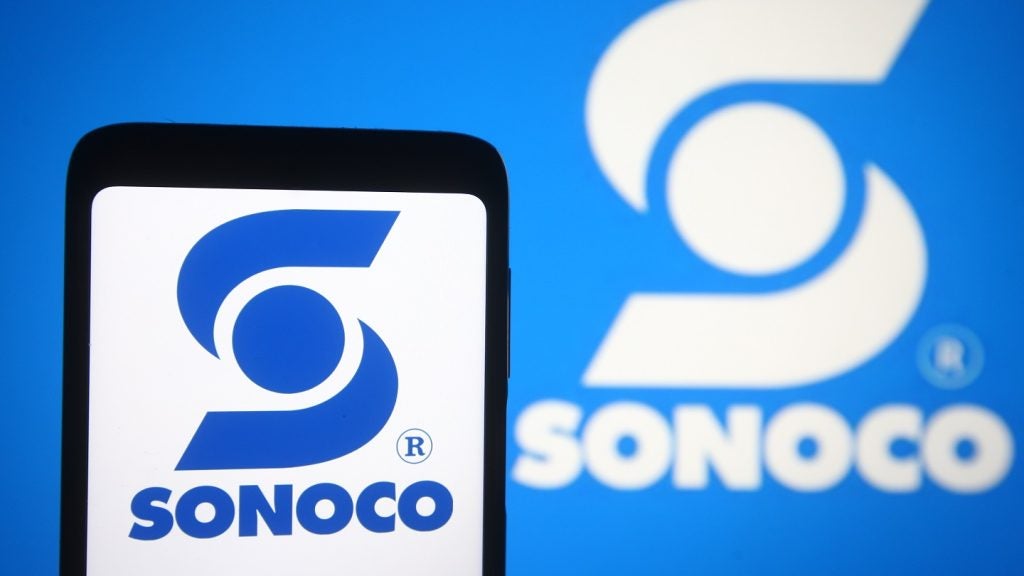Aquapak has surveyed 100 UK packaging experts responsible for packaging research and development (R&D), technology, design, and sustainability for FMCG (fast-moving consumer goods) brands.
The report shows that the majority (92%) plan to stop using plastic in their consumer packaging altogether.
Paper and paperboard are the replacement materials of choice, along with new polymers, bioplastics and multi-materials.
Despite the widespread commitment to move away from plastic, the timeframe for transition is still considerable, with 27% of packaging experts forecasting that this will be achieved by 2027, 35% by 2028, and 28% by 2029.
Just under one-third (30%) described the move to new packaging materials in their FMCG business as too slow, 58% described it as moderate and only 11% said it was fast. The majority (87%) want the replacement of conventional plastics to happen more quickly.
The main barriers to using more environmentally friendly options are the higher cost of alternative packaging (cited by 53% of respondents), the availability of alternative materials (50%) and ensuring that functionality and product protection remain the same (46%).
When asked about the key drivers that would help the FMCG sector speed up new material development and implementation, 70% of respondents believed that more ambitious recycling targets were key, 62% wanted to see increased investment in new materials, and 54% said greater collaboration to accelerate R&D was needed.
Half said that an industry-wide commitment to move away from conventional plastic was necessary, whilst a further 47% cited tighter environmental regulation through taxation of materials with poor environmental performance as important.
Aquapak chief technical officer Dr John Williams stated: “There is undoubtedly some confusion in the market by the number of ‘new’ materials which all offer some potential, but all too often exaggerate properties and availability, causing delays in the use of genuine solutions by using valuable time in the packaging development process. The FMCG sector needs to be bolder.”















